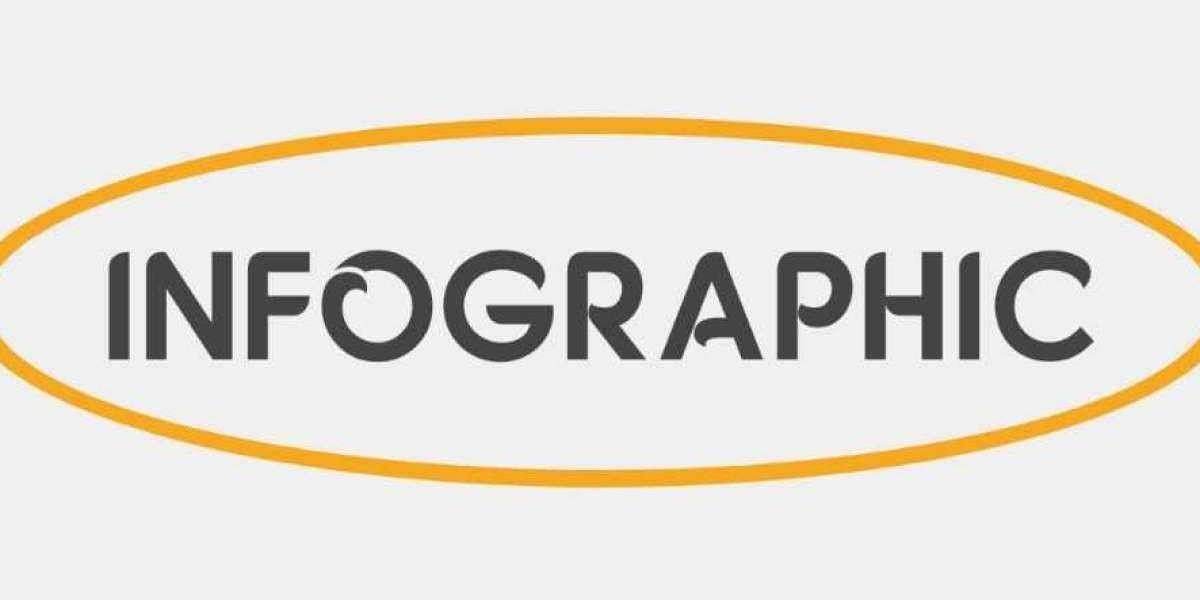The Certified Public Accountant (CPA) designation is a globally respected qualification for accounting and finance professionals. It signifies expertise in areas such as auditing, taxation, and financial management. For anyone aiming to advance their career in accounting, understanding the US CPA course eligibility is crucial. This comprehensive guide outlines the requirements and benefits of becoming a CPA, helping you take the next step toward achieving this prestigious credential.
What is a Certified Public Accountant (CPA)?
A Certified Public Accountant (CPA) is a professional equipped with the knowledge and skills to handle complex financial operations, audits, and regulatory requirements. This qualification is highly valued because CPAs are trusted to provide accurate and ethical financial guidance to individuals and businesses. Their role often involves preparing financial reports, advising on tax matters, and conducting audits to ensure compliance with financial laws.
Why Pursue the CPA Qualification?
Earning the CPA designation comes with a host of benefits:
- Global Credibility: The CPA credential is recognized worldwide, opening opportunities in international markets.
- Career Advancement: CPAs are often considered for leadership roles like Chief Financial Officer (CFO) or Financial Controller.
- Increased Demand: The growing complexity of global financial systems has heightened the need for skilled CPAs.
- Lucrative Earnings: CPAs generally enjoy higher salaries compared to non-certified accountants.
US CPA Course Eligibility
To pursue the CPA credential, you must meet specific US CPA course eligibility criteria. These requirements ensure candidates possess the foundational knowledge and skills to excel in the profession.
1. Educational Qualifications
- Most states require a bachelor’s degree in accounting, finance, or a related discipline.
- A total of 120 to 150 credit hours is typically needed, depending on the state’s requirements. Additional credits can be earned through postgraduate studies.
2. Work Experience
- Candidates often need 1-2 years of relevant work experience under the supervision of a licensed CPA. This experience helps develop practical skills essential for the profession.
3. Residency and Age
- Applicants must meet state-specific residency requirements and be at least 18 years old.
4. International Candidates
- Those with foreign degrees can qualify by having their credentials evaluated to meet U.S. educational standards.








